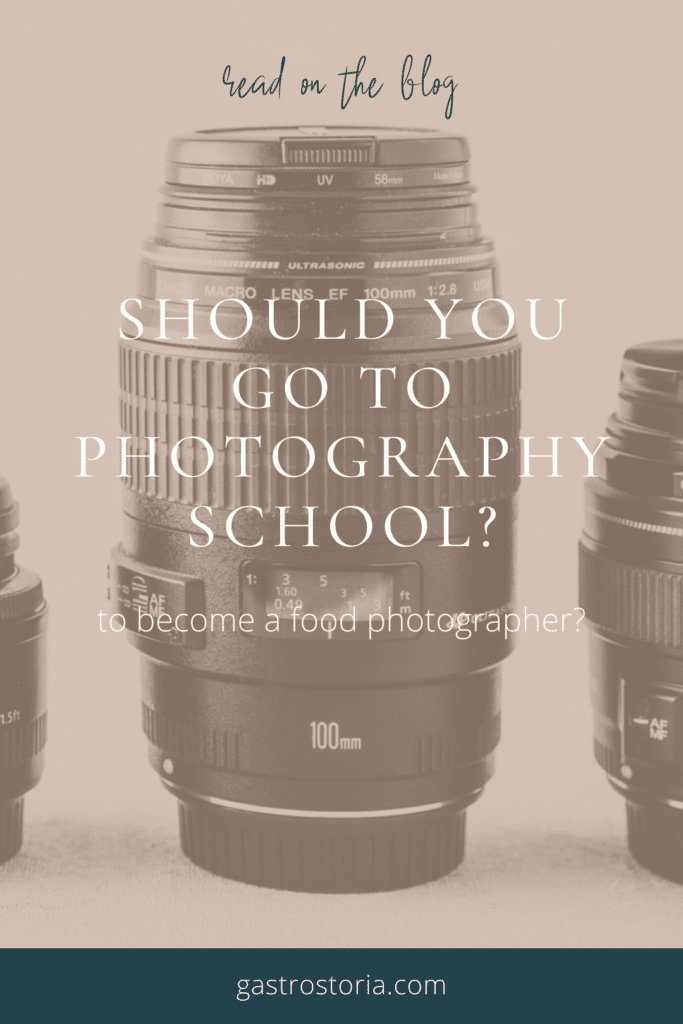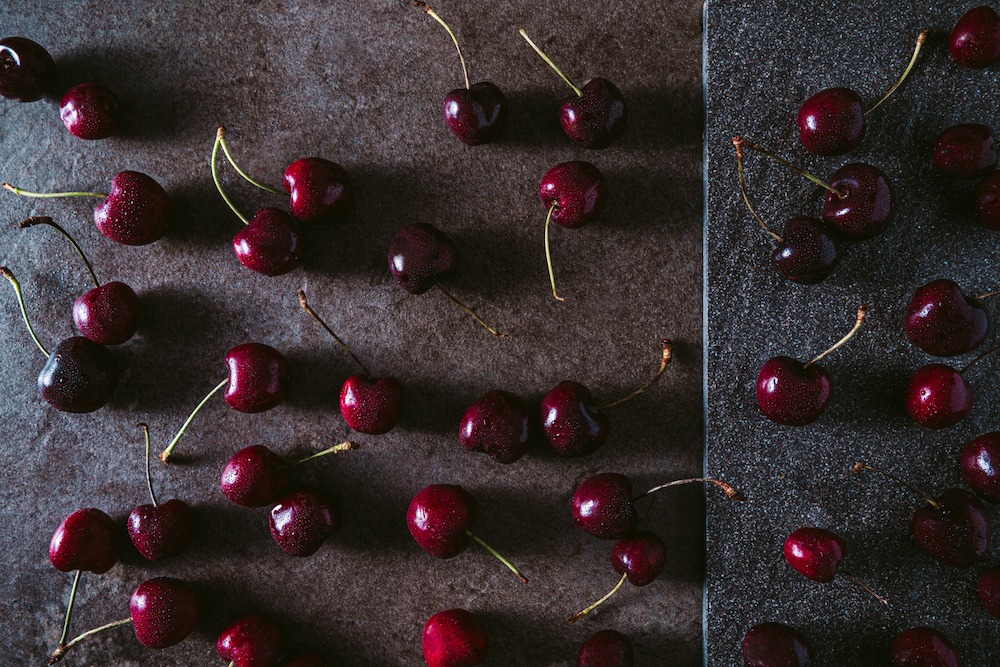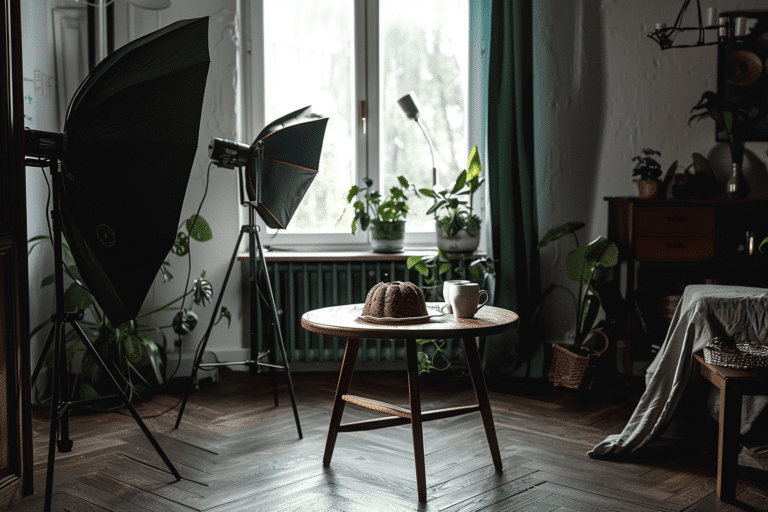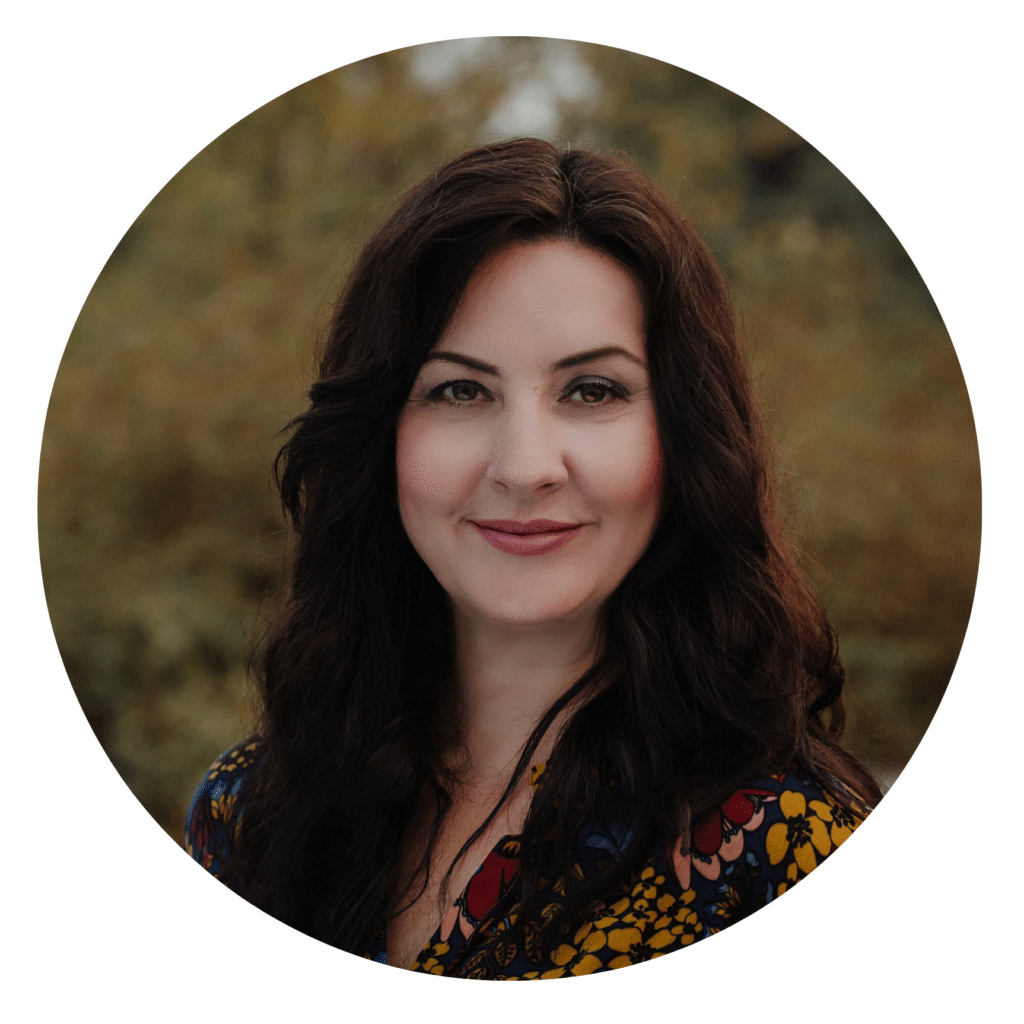One of the questions that I often get asked is should I go to photography school?
The answer to this can be complicated and individual for everyone. It depends on several factors such as financial means, technical ability, and access to well respected and established schools.
There are several things you should consider when deciding whether or not to go to photography school, which I’ll go over in this post. My advice is based on my experience and observations of the industry in the North American market. Your decision is your own, but hopefully this post will help you with some pointers that will aid you in the decision-making process.

What Kind of Photographer Do You Want to Be?
The first thing you have to figure out before you go to photography school is what kind of photographer you want to be. In the age of digital and social media, there are different types of photographer. I would say the main two categories are commercial photographer and content creator.
So what’s the difference?
It can be a subtle one from the outside looking in. Most clients, for example, don’t understand the difference. However, commercial photographers and content creators work, price, and market differently.
Commercial photographers often shoot larger-scale advertising campaigns for agencies. They typically work on shoots that cost several thousand if not tens of thousands of dollars in production costs. This is not the only kind of gig they work on, of course, but they typically work in studio with a team on a lot of their jobs.
On the other hand, content creators are brand photographers who usually shoot commissioned work for clients, often remotely, and typically work alone.
I use the term content creator loosely, as it can mean different things to different people. Generally, I think of this type of photographer as one who mainly shoots content for social media and websites, rather than print advertising. The work is commercial on some level because it sells a product, but the focus is on amplifying a brand rather than creating traditional advertising campaigns.
If you want to work on big studio productions with a team, I recommend that you go to photography school. It can be very difficult to learn the level of lighting required and hone the technical skills on your own. You need access to a lot of high end equipment with a lot of hands-on time, under experienced guides.
In fact, I often get asked by agencies if I went to photography school. Many won’t consider working with you if you don’t have that formal education. It gives them the confidence that you’ll be able to handle the lighting.
Are you Technically Savvy?
Technical knowledge was personally one of the key factors in my deciding to go to photography school. If you’re not an especially technical photographer, taking online courses and piecing together info on the Internet may not take you far enough.
As I mentioned, when you go to photography school you have access to all the best high-end equipment and the instructors are usually veterans in the industry. If you’re shooting in your home studio for brands, you can purchase an online lighting course and invest in some good quality but modest equipment like LED lights or monoheads.
With a few years’ experience, and hopefully investing in business training or working with a mentor, you may make your way into the commercial side of the business, if that’s what you want.

Do You Want to Work in More Than One Genre?
I’ll admit that most of what I know about food photography I learned outside of photography school.
Even though I took a food photography elective, I found it wasn’t enough. I learned about lighting and the technical side of photography in school, which was very important to me. We also did a lot of people photography, and I took electives in other genres such as product and fashion.
As a food photographer, you often shoot food products, chef portraits, and restaurants, which means you need to have a solid understanding of product, portraiture, and architectural photography.
Also, food is a vast genre with a lot of possibilities–everything from agriculture to product packaging–but in the beginning you may need to make ends meet by shooting in other genres, until you build up your client list. Or you simply may be interested in working in other niches as well.
In that case, you may want to consider going to photography school for a more robust education.

Can You Afford Photography School?
Cost might be one of the biggest determining factors in your deciding whether or not to go to photography school.
Let’s face it, education is not cheap. Entering a full-time program may be completely out of the question for most people who are beyond college age.
I attended photography school part-time, while holding onto a day job. If you decide to do this, make sure that any program you take is a reputable one with experienced instructors.
A Continuing Studies program sometimes has the veneer of lower quality than an intensive program, but this is not necessarily the case. For example, the part-time program I took had an excellent reputation that perhaps exceeded that of the full-time program at the same college.
If you can’t afford photography school, then I recommend working with coaches and consultants that specialize in working with photographers.
Hiring a photography coach was instrumental in my understanding how to market and price myself as an emerging food photographer. To this day, I continue to work with coaches, and have a photo consultant help me put together my portfolios and marketing materials.

Are You Well Connected?
One benefit of going to photography school is that you can get mentored by photographers who have years of experience in the industry. You can also meet like-minded individuals who share your passion for food photography. In fact, I met my best friend at photography school.
One of the most important aspects of being successful as a food photographer is your network. The industry is based on relationships, and requires constant marketing and networking.
Photography school can be an important factor in meeting the right people and forging relationships and community that can pave the way for a successful career down the road.
What to Do If You Can’t Go to Photography School
I’ll be perfectly blunt: if you can’t or don’t want to spend a lot of money on photography gear or training then you’ll need to find another career. Photography is very expensive to get into as a hobby–never mind as a vocation. The cost of gear and to other business expenses is exorbitant. It’s a lot more than you might realize.
That being said, you absolutely can start to make money as a food photographer while keeping a day job, and invest in your business as it grows. There are a ton more online resources on food photography available now than when I went to photography school.
My best and favourite resource by far was, and still is, The Food Photography Club run by Christina Peters, who is one of my mentors.
This was the first membership site for food photographers. I’ve been a member since the doors opened in 2017, even though I’m a mentor myself and teach at one of the top photography schools in the world.
Even when you are advanced and have grown in your experience, I think it’s really important to continue learning, especially from those further down the road than you.
There are over twenty online courses in this membership group, as well as weekly webinars and other resources, ranging in topic from business to styling, to gear. If you’re interested in finding out more, click on the image below.

To Sum Up
If you decide not to go to photography school, the investment of time, energy, and money can still be a significant one.
I’ve had many job and changed my career a few times, but starting my own food photography business was by far is the hardest but most rewarding thing I’ve ever done.
Ultimately, the choice to go to photography school or not is a personal one. Hopefully this post can help you in your decision making progress.
* Please note this post includes affiliate links. If you make a purchase from one of these links, I will receive a small commission at no additional costs to you.







3 Responses
Hi Darina, very informative post, thank you so much for sharing.
How would you recommend finding a good part time course, that’s credible in the industry? Would commercial photography / studio photography based courses be preferable over other options if turning to food/still life photography?
I don’t know which of these options work for me yet, but hoping to start exploring and learn a bit in that process.
Yes, I would recommend part time, Sija, as that is what is most flexible and realistic for most people. I think any course that really focuses on studio lighting to give you the foundations of good photography and working in commercial environments is the best choice. You can then round out your education with some good online courses by Pro EDU, Two Loves Studio, the membership with Christina Peters at the Food Photography Club and Joanie Simon’s Artificial Academy.
Thank you!